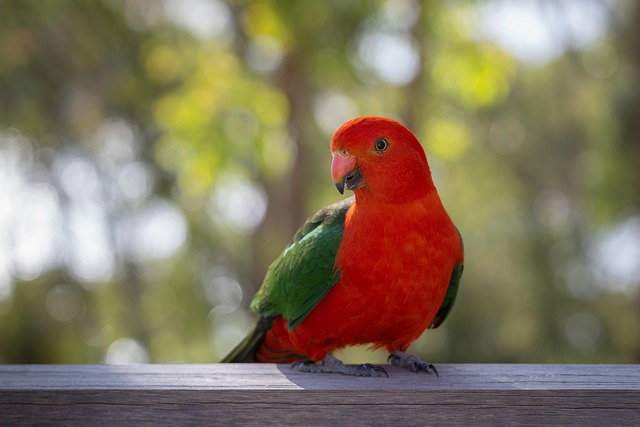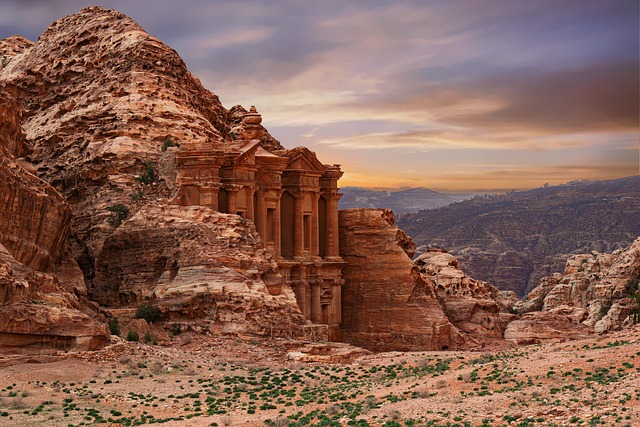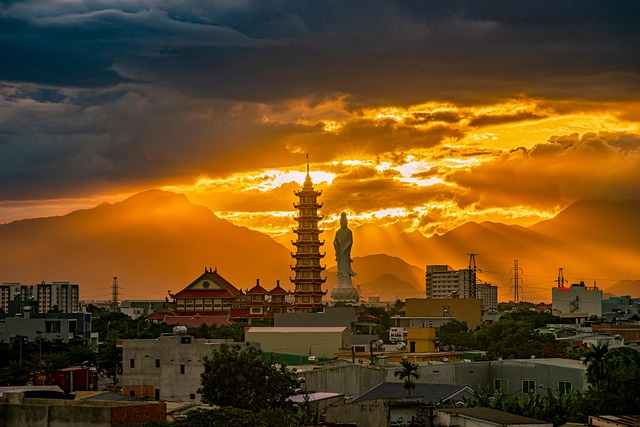Throughout history, the role of kings has often been entwined with the spiritual and religious facets of society. In many cultures, these sovereigns have been seen as divine figures, acting as intermediaries between the celestial and the earthly. Their involvement in holiday celebrations has not merely been ceremonial but deeply rooted in the religious traditions that bind communities together.
Kings were often at the forefront during significant religious events, shaping the way these holidays were celebrated. Take, for instance, the Christian tradition of Christmas, which commemorates the birth of Jesus Christ. In medieval Europe, kings would preside over grand ceremonies, embodying the spirit of the occasion. Their presence was not just about authority; it symbolized divine approval and the blessing of higher powers. As they made public appearances during these festivities, the people saw hope and renewal through their rulers.
Similarly, in various other religions, monarchs played pivotal roles in festivals that celebrate pivotal moments of their faith. During Hindu festivals like Diwali, kings participated in rituals that honored deities and upheld dharma. They would often be involved in charitable acts, reflecting the moral obligations of their rule and reinforcing the idea that kingship was intertwined with divine justice. Such practices inspired the populace and encouraged a collective identity rooted in shared beliefs and values.
The power of kings in holiday traditions is evident in how these celebrations often reflect the societal structure of their time. The grandeur of these festivals, marked by feasts, prayers, and public gatherings, provided an opportunity for the king to demonstrate benevolence and reinforce social hierarchies. Events like the Persian Nowruz or the Roman Saturnalia showcased not only the king’s might but also his support for cultural and religious heritage. These holidays became a canvas where the theocracy painted its vision of unity and prosperity, creating lasting impressions on the hearts of the people.
As we observe holidays in today’s context, the echoes of these ancient practices still resonate. Many modern celebrations pay homage to the past, recognizing the contributions of rulers who once shaped the essence of these events. Whether it’s through parades showcasing royal lineage or community gatherings highlighting the spirit of togetherness, the influential role of kings in holiday traditions continues to be acknowledged and celebrated.
Moreover, the narrative surrounding kings and their divine connections adds an element of sacredness to the holidays we cherish. It reminds us that while our lives may be filled with chaos and uncertainty, there exists a lineage—be it historical or spiritual—that binds us to something greater. As we gather with loved ones during festive seasons, we can reflect on this rich tapestry of traditions and appreciate the profound role kings have played in fostering a sense of community through religion and culture.
In essence, exploring the role of kings in holiday traditions is an invitation to delve deeper into the spiritual significance of these celebrations. It highlights the continuity of faith and the enduring quest for meaning that transcends time, urging us to forge our connections with both our histories and those who have influenced them. The interplay between kings and holidays serves as a reminder of the divine artistry at play in our shared human experience, weaving a vibrant narrative that is uniquely ours.




